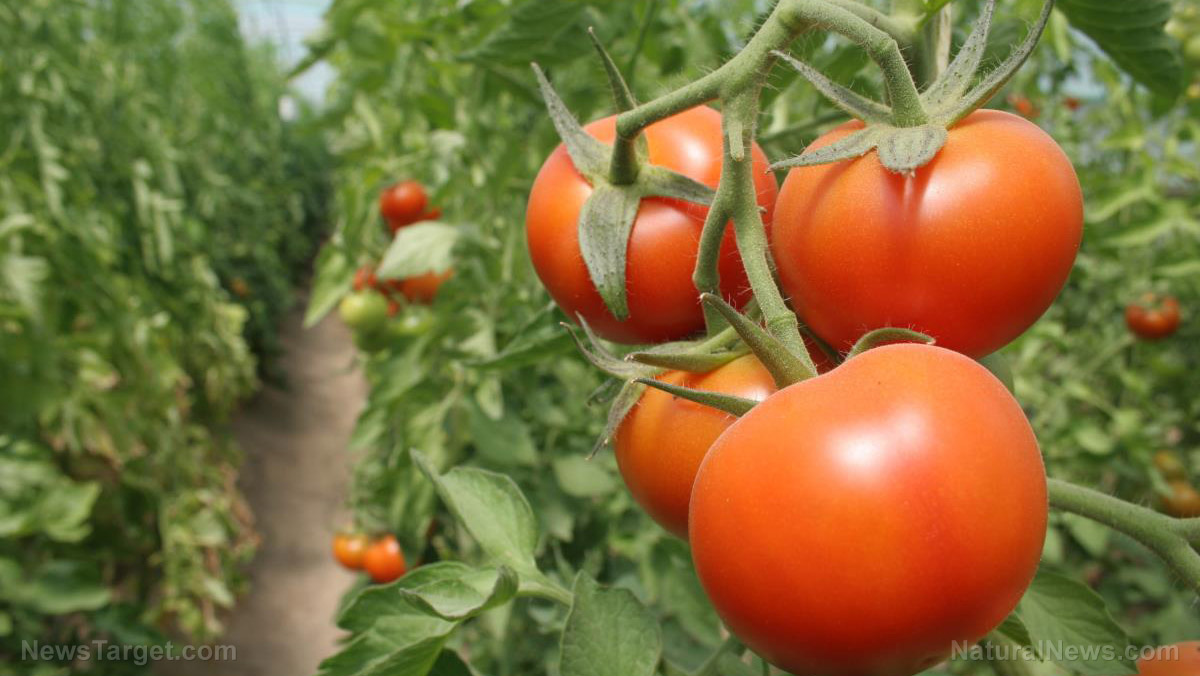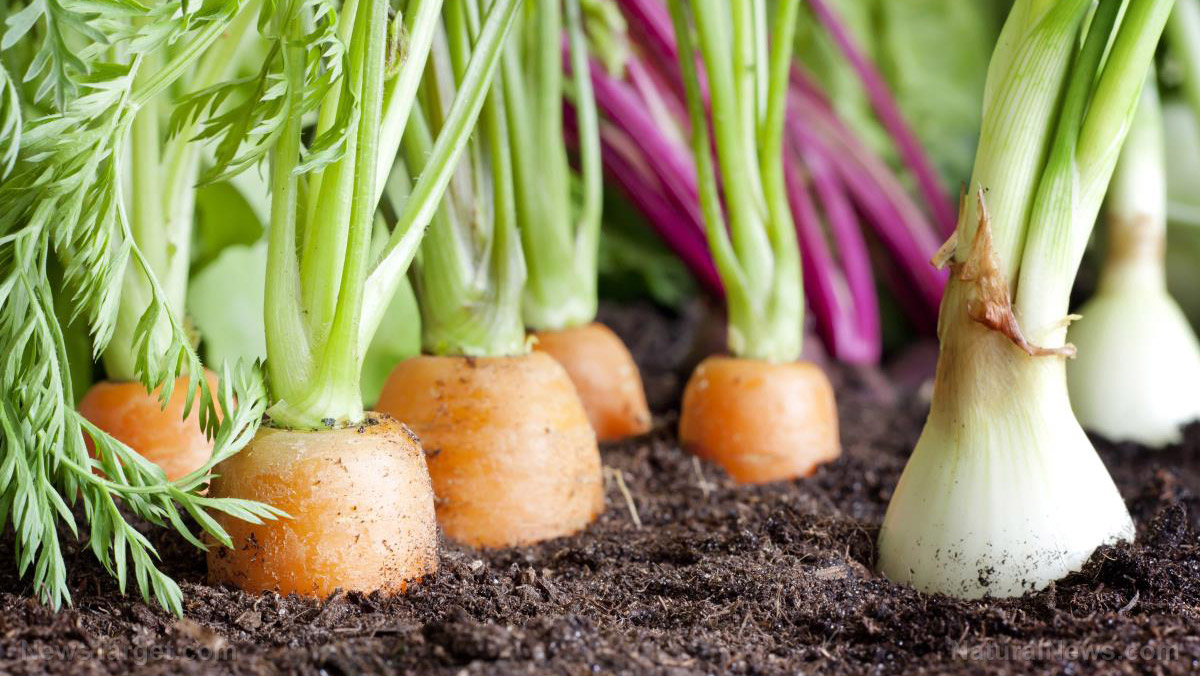
Advertisement
With global fertilizer prices still at record-high levels, Maximo Torero, chief economist for the United Nations’ Food and Agriculture Organization (FAO), warned that without quick action, the elevated prices could decrease global grain production by at least 40 percent in the next planting season.
Torero gave this warning during an appearance on the Bloomberg show “Balance of Power.” He warned that the combination of food supply chain disruptions, Western economic sanctions preventing fertilizer-rich countries from exporting their products and crop failures worldwide due to extreme weather are all coming together to tear apart global food production.
But the one key factor that the world can take control of and manage is the price of fertilizer. (Related: Stable fertilizer supply key to stopping surge in food prices.)
“What we need to understand is that the situation of increasing prices already was happening before the Ukraine war,” said Torero. “And prices were already going up. What the Ukraine war did is exacerbate even more this situation.”
The war has made the situation worse for two main reasons, according to Torero. First, it’s because Ukraine and Russia are two of the world’s largest exporters of cereals. Combined, they export around 30 percent of all cereals in the world.
But perhaps more importantly, Torero noted that Russia and Belarus’ inability to export their massive amounts of fertilizer has had a significant effect on the price of fertilizers and on the price of natural gas because they are both closely linked.
“The restrictions on the mobility of gas from the Russian Federation to the production of fertilizers have increased substantially more the price of fertilizers,” said Torero.
Torero warned that not even the FAO is certain how elevated fertilizer prices will affect the next planting season. “We are calculating that it would be around 40 percent reduction, that means a potential significant reduction in the exports for next year,” he said.
Fertilizer costs to affect production of other crops
The International Fertilizer Association warned back in July that if the war between Russia and Ukraine continues to affect the cost of fertilizer, it could also affect the production of global corn, rice, soybean and wheat.
The association warned that production could diminish by at least two percent globally, with many regions of Africa seeing even larger declines.
While a two percent reduction might not seem like much, even small declines in the production of agricultural products could lead to significant price increases.
Corn, rice, soybeans and wheat require significant inputs of ammonia-based fertilizer. About 70 percent of the operating cost of producing fertilizer is dictated by the price of natural gas.
As natural gas prices continue to make fertilizer production even more expensive – especially in Europe due to its reliance on Russian natural gas – production of the aforementioned four staple crops will be severely affected.
More stories about global food production can be found at FoodCollapse.com.
Watch this episode of the “Health Ranger Report” as David Dubyne talks to Mike Adams, the Health Ranger, and issues an emergency alert over collapsing food supplies in Europe.
This video is from the Health Ranger Report channel on Brighteon.com.
More related stories:
FOOD COLLAPSE: California’s ongoing drought has left over half a million acres of farmland unplanted.
Global food supply crisis could kill more people than COVID-19, warns African politician.
Rice crisis incoming: Soaring fertilizer prices threaten rice production in Asia.
Sources include:
Advertisements







